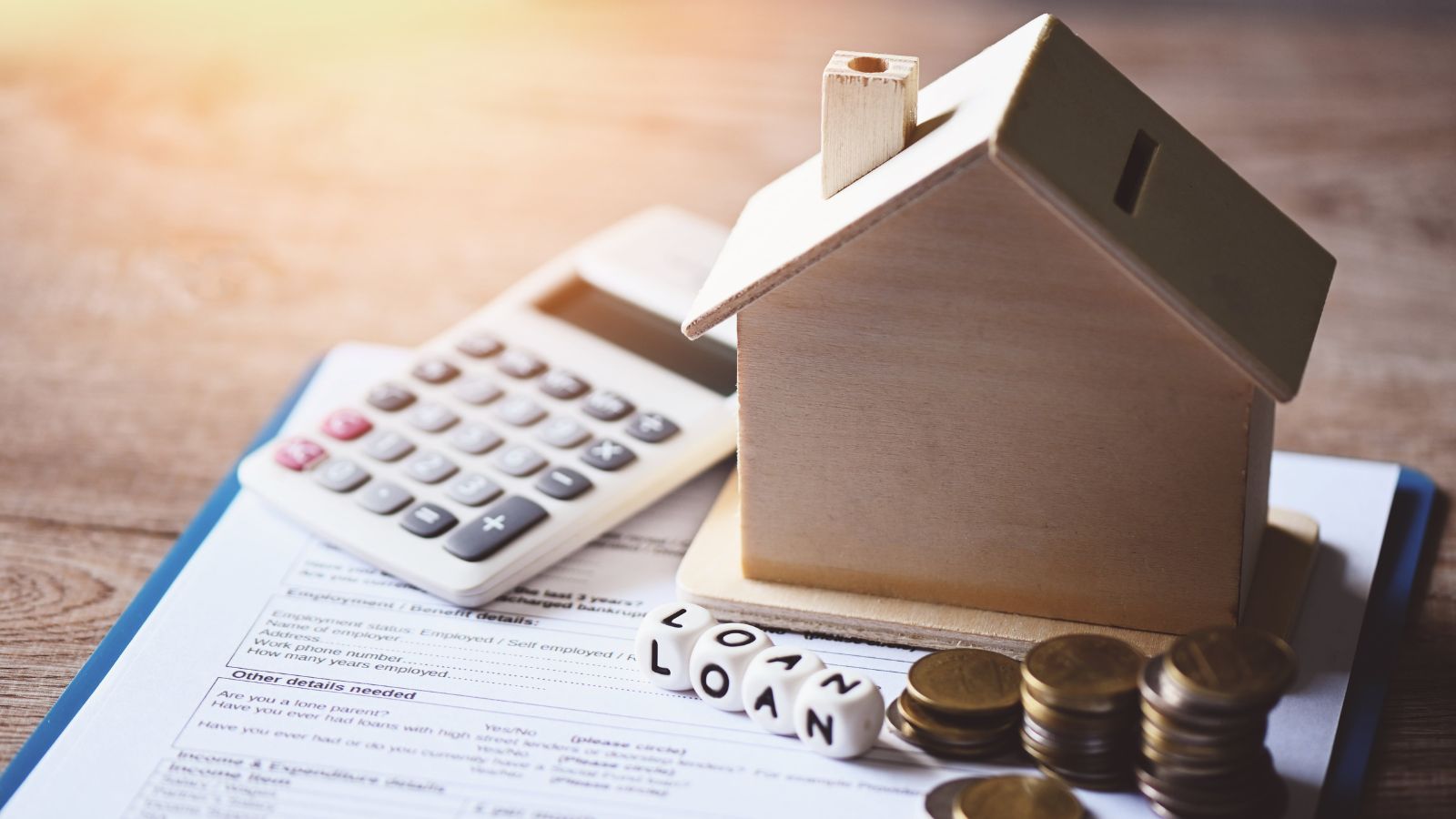Embarking on the complex journey of buying a new house is an exhilarating endeavor that marks a significant milestone in one’s life. It signifies the pursuit of stability, security, and the fulfillment of long-held dreams. However, the road to homeownership is not solely paved with excitement; it demands a thorough understanding of the financial responsibilities accompanying this monumental decision. While the purchase price may be the most apparent expense, there exists a multitude of crucial considerations that warrant meticulous attention. By delving beyond the surface, prospective homeowners can confidently navigate the intricate landscape of homeownership, ensuring a seamless transition into their cherished abode.

Down Payment
To embark on your homeownership journey, you’ll need to allocate funds for a down payment. This upfront payment is a percentage of the total purchase price and demonstrates your commitment to the investment. While the standard benchmark is 20%, the amount required may vary based on your financial situation and the mortgage you choose. Remember that a larger down payment can result in better loan terms and lower monthly mortgage payments.
Mortgage Payments
Unless you’re fortunate enough to purchase a home outright, securing a mortgage is likely to be part of your plan. Consulting with a mortgage professional will help you understand the specific terms and rates available to you. Monthly mortgage payments encompass various components, including the principal amount borrowed, interest, and potentially property taxes and homeowner’s insurance. Consider these ongoing expenses when determining the affordability of your new home.
Closing Costs
Finalizing the purchase of your new house involves additional expenses called closing costs. These charges encompass a range of services and fees necessary for the transaction’s completion. Appraisal fees, title insurance, loan origination fees, attorney fees, and other related costs fall under this category. Typically in the range of 2% to 5% of the home’s purchase price, closing costs are an essential consideration when budgeting for your new home.
Home Inspection and Repairs
Before purchasing a house, it’s advisable to invest in a thorough home inspection. While this expense may not be mandatory, it provides peace of mind and can help uncover any underlying issues that might affect the property’s value or safety. Depending on the inspection’s findings, you may need to allocate funds for necessary repairs or renovations. It’s prudent to account for these potential expenses to ensure you’re well-prepared for any surprises that may arise.
Property Taxes
Owning a home means assuming responsibility for property taxes. The amount you owe will depend on your property’s assessed value and the local tax rate. Property taxes contribute to community services such as schools, infrastructure, and public amenities. Researching the property tax rates in the area where you plan to buy a house will help you estimate this ongoing financial obligation.
Homeowner's Insurance
Protecting your investment is essential, and homeowner’s insurance is an integral part of that. This insurance safeguards your home against unforeseen events like fire, theft, or natural disasters. The cost of homeowner’s insurance will vary based on things like location, property value, and coverage options. Research and obtain quotes from different insurance providers to determine the approximate cost and ensure you include it in your budget.
Homeowners Association (HOA) Fees
If you’re considering purchasing a house in a community or development with a homeowners association, you’ll likely be subject to HOA fees. These fees contribute to the maintenance and upkeep of common areas, amenities, and services provided by the association. The amount of HOA fees can vary widely and should be factored into your budget to ensure you can comfortably afford them.
Moving Costs
Moving to a new house entails expenses related to relocating your belongings. Whether you hire professional movers or handle the process yourself, you’ll need to consider costs such as packing materials, transportation, and potential storage fees. Planning and budgeting for these expenses will help ensure a smooth transition to securing your new home.
Utility Bills
When transitioning to a new house, it’s vital to consider the ongoing costs of utilities. These include electricity, water, gas, and potentially other services like internet and cable. Research the average utility costs for the area to estimate your monthly expenses accurately. Additionally, factor in any initial setup fees that may be required when establishing utility services in your name.
Maintenance and Repairs
As a homeowner, you’ll be responsible for the maintenance and repairs of your property. It’s wise to set aside a portion of your budget for ongoing upkeep, such as landscaping, HVAC servicing, plumbing repairs, and general maintenance tasks. Having a contingency fund for unexpected repairs will provide financial security and help preserve the value of your investment.
Relying on Your Real Estate Agent
When embarking on the intricate journey of buying property, it is crucial to rely on the expertise and guidance of a qualified real estate agent. A real estate agent serves as an invaluable ally throughout the home buying process, offering their extensive knowledge and experience to guide you in navigating the complexities of finding the perfect home. Their role extends far beyond simply showing properties; they act as trusted advisors, ensuring that you understand what to look for and making the entire experience smoother and more efficient.
First and foremost, a real estate agent possesses an in-depth understanding of the area’s real estate market. They have access to extensive databases and resources that enable them to provide you with valuable insights and analysis regarding property values, market trends, and neighborhoods. With their finger on the pulse of the market, they can help you identify properties that align with your specific needs and budget. By relying on their expertise, you can make informed decisions and avoid potential pitfalls.
Conclusion
Buying a new home is a major decision that involves careful consideration of various expenses. From your down payment and mortgage payments to closing costs, home inspections, property taxes, homeowner’s insurance, HOA fees, moving costs, utility bills, and ongoing maintenance, each aspect contributes to the overall cost of homeownership. By thoroughly assessing and planning for these expenses, you can ensure a more confident and financially stable journey toward your dream home. Remember to consult with professionals and conduct thorough research to make informed decisions throughout the process.

